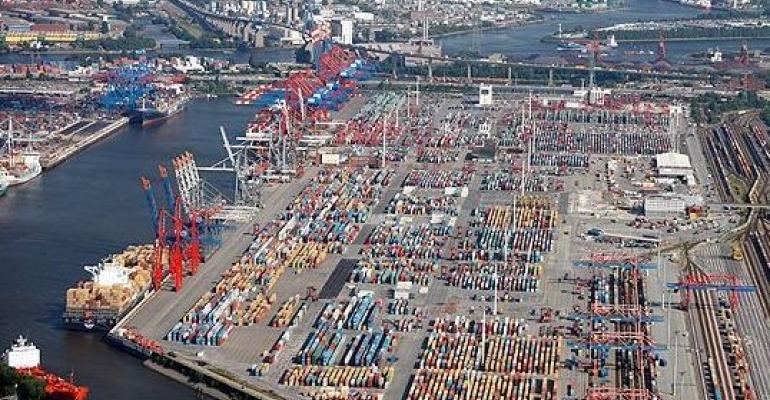Indeed it is difficult to forget the words of the onetime seafarer and distinguished professor of maritime law Edgar Gold, who said “we shall have failed if the only people who join our industry do so because they have no other choice”. It is certainly worth a thought, as the manning agencies scour the planet looking for new sources of seafaring labour.
But let’s think beyond those who drive ships for a living. What about the “maritime infrastructure”, that amorphous mass of careers and jobs that keep the ships running and the ports operating all around the world? Are those who are employed in these various sub-sectors happy in their work?
You can, if you are a hard-hearted employer, keep everyone’s nose to the grindstone by simply threatening to sack those who fail to reach your targets. You might adopt all sorts of strange strategies, as outlined in business management manuals, to maintain productivity at a satisfactory level. Or alternatively, you might encourage productivity, retention and recruitment by providing a good working environment that keeps employees happy. Is that too simplistic a theory?
These questions are provoked by the European Sea Ports Organisation, which has announced the theme for its tenth “edition” of its Award on the Societal Integration of Ports. After a whole range of different themes over the years, ranging from what a port does for the environment, education, heritage and generally keeping the locals happy and interested in their neighbourhood port, the latest award suggests “Ports as a good work environment for everyone”.
The criteria might seem to be a bit well-meaning and “right-on”, but the intention is entirely laudable, looking to the future and noting that ports still depend upon people and if you cannot recruit the best, the port will metaphorically silt up. Thus, the competitors this year will have to demonstrate their “investment in a diverse and inclusive environment, facilitating mutual respect, non-discrimination and personal development”. And if that seems a bit of a mouthful, it really does boil down to an awareness of good working practices and conditions that demonstrates that an employer is conscious of wider obligations to all sides of society.
The Award is, of course, restricted to European sea ports, but there seems no reason why the principles cannot be practiced world-wide. Indeed I would be surprised if ESPO had any objections whatever to ports in other regions competing in such a fashion, getting together a few distinguished judges and offering a prize. In the nine years in which the European award has been offered, all sorts of really clever and eminently transferable ideas have been presented by the competing ports. Check them out and steal a few.
Ports have come a long way from being the rough side of a town, where respectable people rarely ventured after dark. Whether it is actually running the port itself, stevedoring and cargo-handling, agency, logistics, engineering and the like, the modern port is a high-tech environment that needs to employ huge numbers of different skill-sets.
It might appear to be increasingly capital intensive, with all its equipment, but its success will surely depend upon clever and adaptable people, just like society itself. ESPO points out that “difference should be an asset, never an obstacle”, and if that holds good in the world outside the dock gates, it surely should be invited in. ESPO tells us that submissions for their 10th Award need to reach them in Brussels by 29 June, and the winner will bathe in the plaudits of being a seriously good employer, at a splendid event in November.
Copyright © 2024. All rights reserved. Seatrade, a trading name of Informa Markets (UK) Limited. Add Seatrade Maritime News to your Google News feed.


